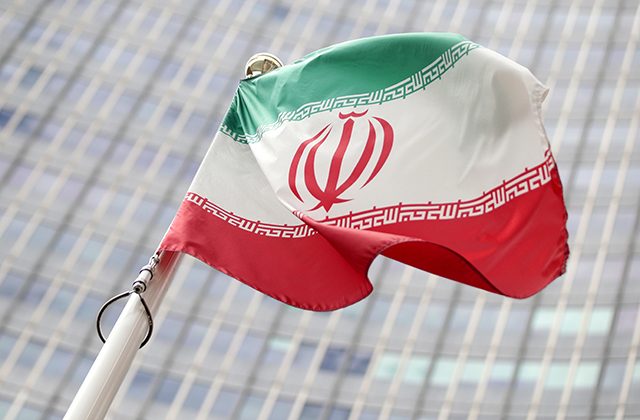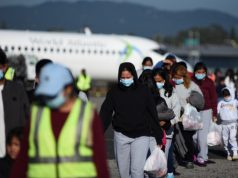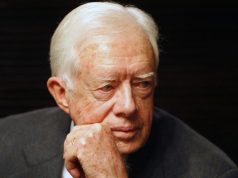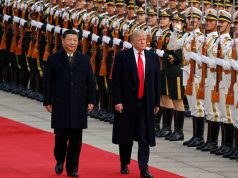
The Philippines will no longer require its citizens to leave Iran and Lebanon as worries of a broader conflict in the Middle East eased, but the mandatory evacuation order for workers in Iraq remains in force, officials said on Thursday.
Environment Secretary Roy Cimatu, a retired general named by President Rodrigo Duterte as special envoy to the Middle East, left for Qatar on Thursday to oversee the evacuation effort.
“The situation is unpredictable, sometimes there are some instances of a very surprise missile attack,” he told reporters.
“They have the option to press the trigger. We have to be ready in case there will be some incidents along the way.”
More than 2 million Filipinos live and work in the Middle East, sending home billions of dollars in annual remittances that could be dented by a full-scale conflict.
More than 30,000 of these are in Lebanon, and more than 1,000 in Iran, excluding undocumented laborers.
The United States and Iran have backed away from the brink of further conflict in the Middle East.
U.S. President Donald Trump responded overnight to an Iranian attack on U.S. forces with sanctions, not violence. Iran offered no immediate signal it would retaliate further over a Jan. 3 U.S. strike that killed one of its senior military commanders.
Eduardo Menez, a spokesman at the Department of Foreign Affairs, said the government is prepared to respond to any changes in the situation in the region and will assist citizens who wish to return home.
“Alert levels are constantly reviewed and adjusted as needed,” Menez told reporters.
The foreign ministry said more than half of the 1,600 Filipinos working in Iraq, were in the Kurdistan region and the rest at U.S. and other foreign facilities in Baghdad and in commercial establishments in Erbil.—Reporting by Karen Lema; Editing by Michael Perry









